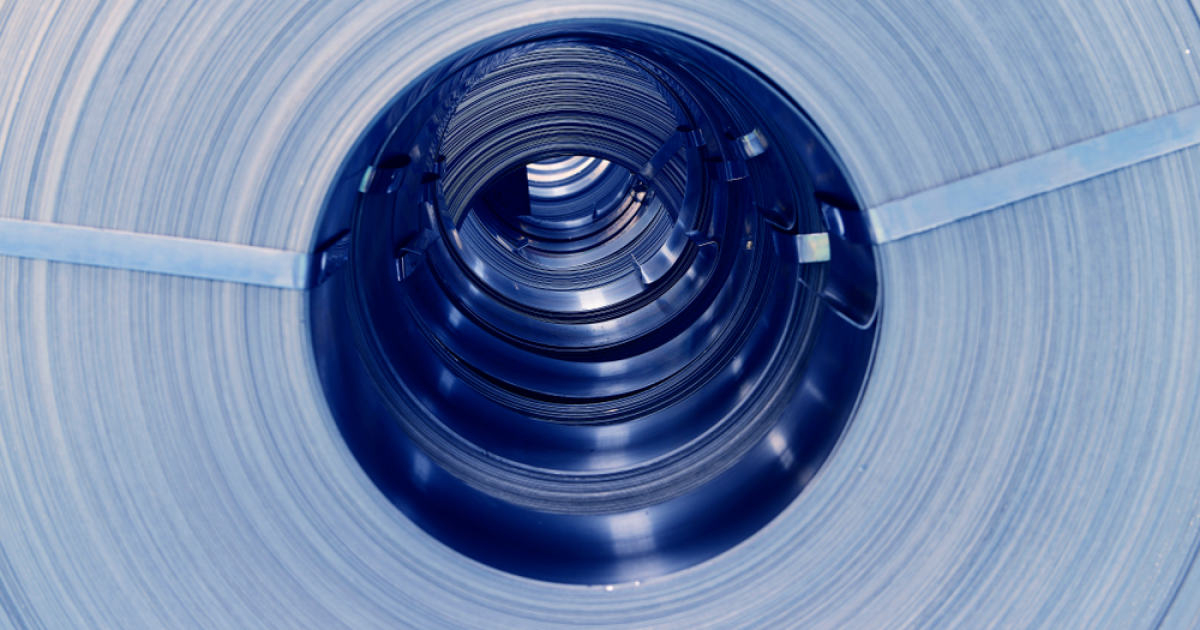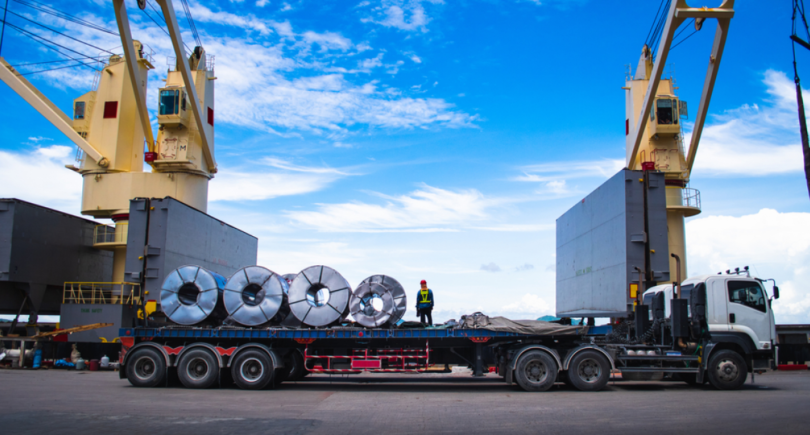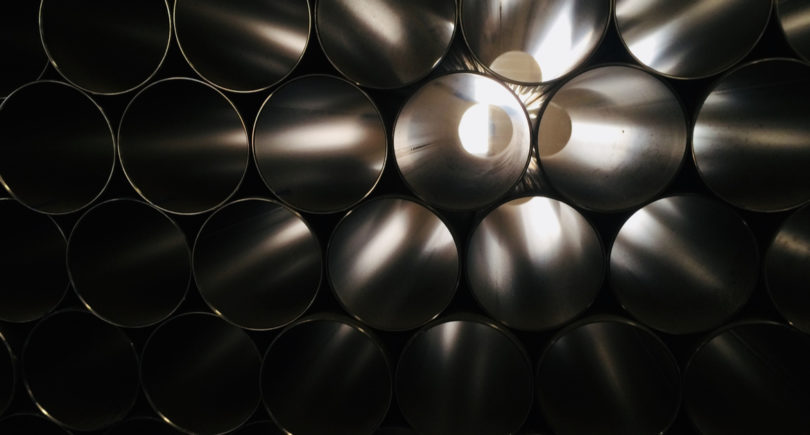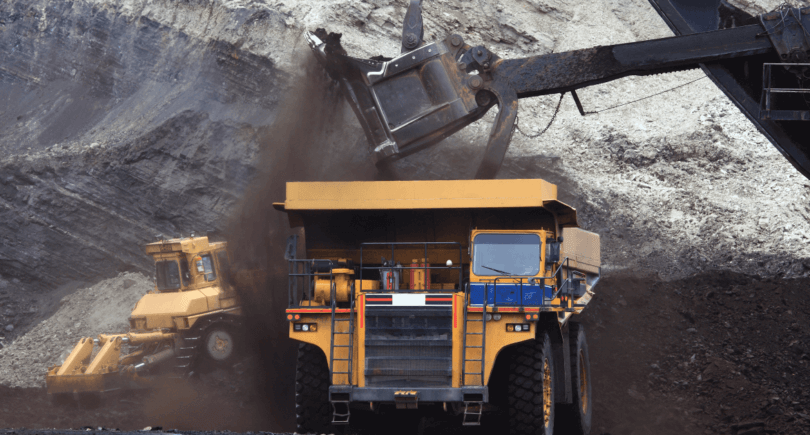
News Global Market legislation 1792 10 July 2024
The Prove It Act could pave the way for a carbon import tax in the future
American steel associations have supported the introduction of a law to Congress that would require verification of the carbon intensity of products derived from various sources, including steel (Prove It Act).
The American Iron and Steel Institute (AISI) and the Steel Manufacturers Association (SMA) welcomed the introduction of the «Reliable, Objective, Verified Emissions Intensity and Transparency Act» in the House of Representatives.
The Prove It Act authorizes the U.S. Department of Energy to conduct a comprehensive study to compare the greenhouse gas emissions intensity of certain commodities, including steel, produced in the United States with those produced in other countries. The study is expected to provide detailed and transparent emissions data to assess the environmental standards of foreign-made products.
AISI President and CEO Kevin Dempsey explains that the law will protect domestic steel producers in the US and their investments in decarbonization efforts.
According to him, these investments would be jeopardized if U.S. steel is undermined by dumped imports from countries with significantly lower environmental standards.
«The Prove It Act will create an official source for proving superior carbon efficiency in vital American industries like steel and provide policymakers with the data they need to justify action,» Dempsey said.
Dempsey also noted that the bill contains industry-supported provisions that clarify that the legislation will not be used to set new tariffs or increase regulation of domestic greenhouse gas emissions.
SMA President Philip Bell said that the association supports the bipartisan Prove It Act initiative because it will convincingly demonstrate that U.S. steel has the lowest carbon emissions in the world.
According to E&E News, the bill could pave the way for carbon import tariffs, the US equivalent of CBAM, in the future. The data proposed to be collected under the Prove It Act could be used to justify new trade policies related to climate action, especially as the EU moves forward with its own cross-border carbon adjustment mechanism.
In March 2024, AISI again called on Congress to take steps to update the US trade remedy legislation. According to steelmakers, it is not keeping pace with the efforts of China and other countries to circumvent import duties




